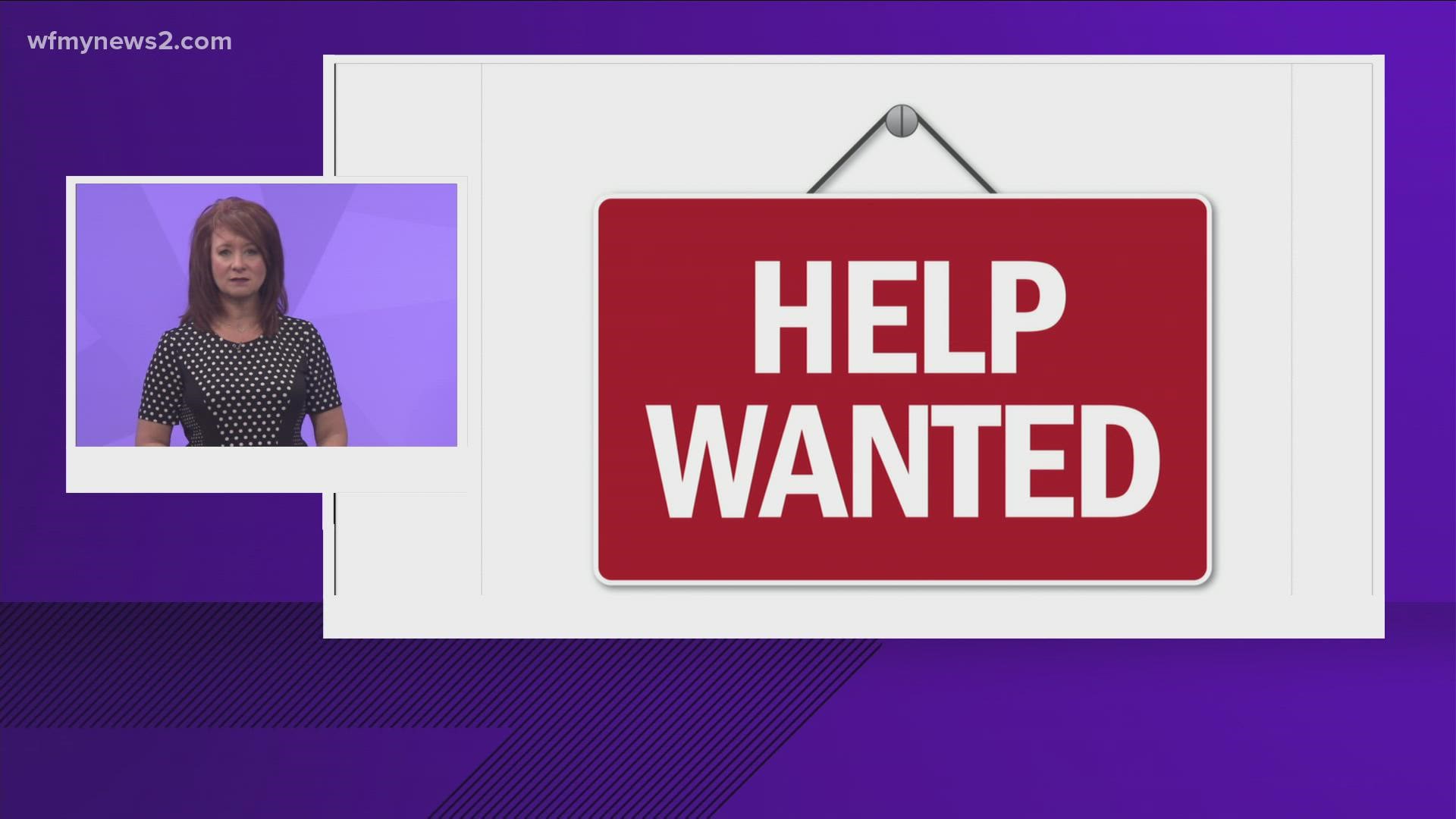GREENSBORO, Ga. — The latest job report demonstrated an interesting dynamic in the labor market. The U.S. has record-low unemployment despite more than 10 million jobs remaining available, according to the U.S. Bureau of Labor Statistics.
The report found the country's unemployment rate sat at 3.6%. Most economists consider a 5% rate to represent "full employment."
Dr. Alfredo Romero, an economics professor at North Carolina A&T, said there's a mismatch in the economy. He said part of it stems from the economy "overheating." He said the signs of that are really low unemployment rates and increasing prices.
Romero said when an economy behaves likes ours is right now, it leads to higher competition for workers and wage increases. He said the high number of unfilled jobs could stem from people transitioning careers.
"Part of those jobs might actually be new jobs," Romero said. "If they were previous jobs, people probably would've been recalled, and they would've taken their old jobs back. Maybe they moved on and took positions somewhere else."
Romero said right now is a great time for workers because of wage increases. What the current dynamic means for the economy remains unclear.
"In the long run, we don't know whether this is going to be good news for the economy," Romero said. "It depends whether employers trying to attract talent and trying to pay more are going to transfer those increased costs to consumers."
Inflation is at some of the highest levels we've seen in decades. Consumers are paying more across the board.
"It really could choke off some of their margins, meaning they could make less money, and that might mean they slow down their hiring," CBS News Business Analyst Jill Schlesinger said.
The Federal Reserve raised interest rates in March. Schlesinger said that could also slow down economic growth.
Guilford Works wanted to better understand the labor market in Guilford County. It sent out a survey to gauge employment and what people want from their jobs.
The survey found many people looking for work or trying to shift careers.
"Individuals feel that they're overqualified for the work that's available right now. It's not appealing," Chris Rivera, director of Guilford Works, said. "More importantly, insufficient compensation is being offered. In a very close second place, people looking for work or transitioning careers say they want high levels of flexibility."
Remote work started as a necessary way to keep the economy moving during the pandemic. More workers said they prefer working from home now. It's contributed to job openings as businesses adjust to new preferences in the labor market.

